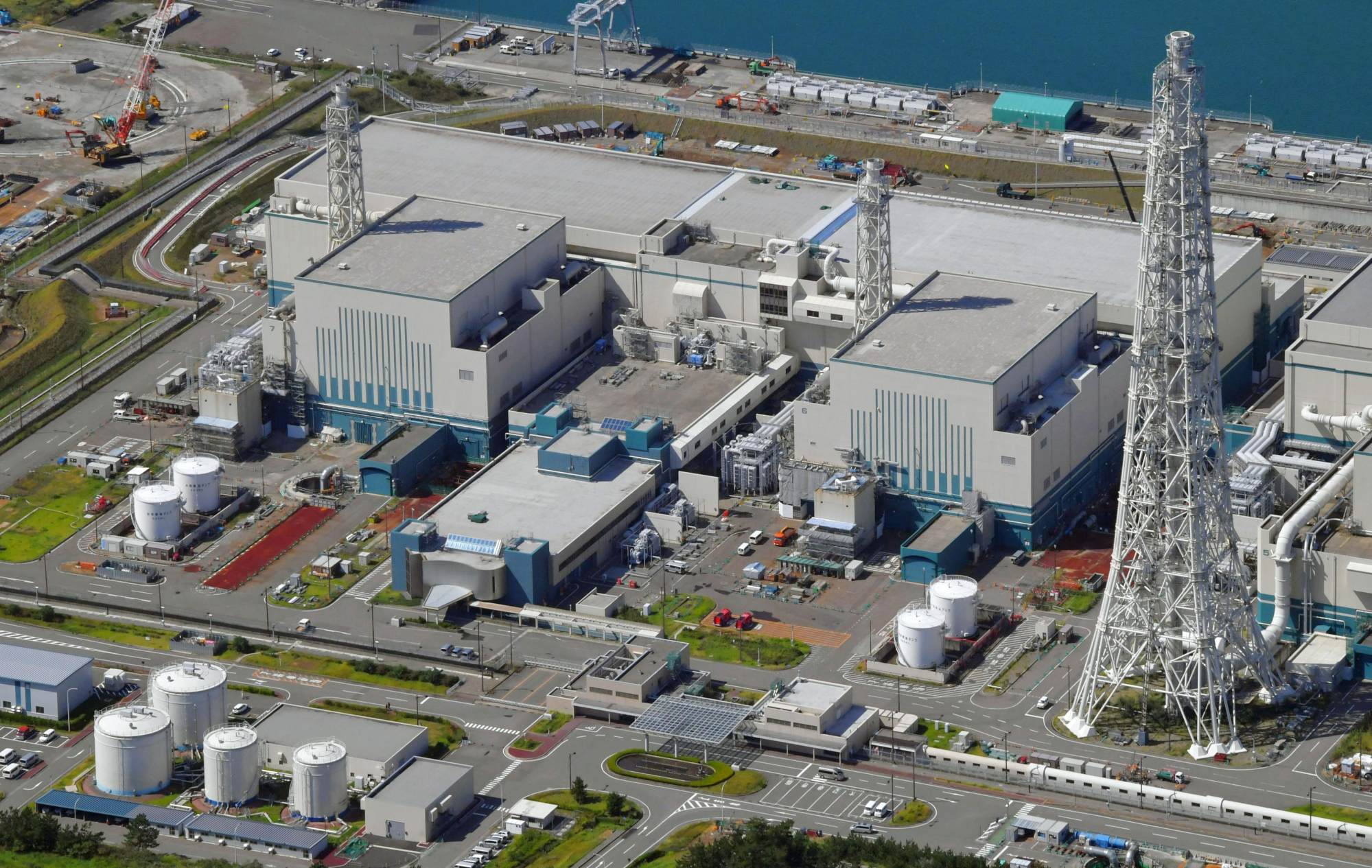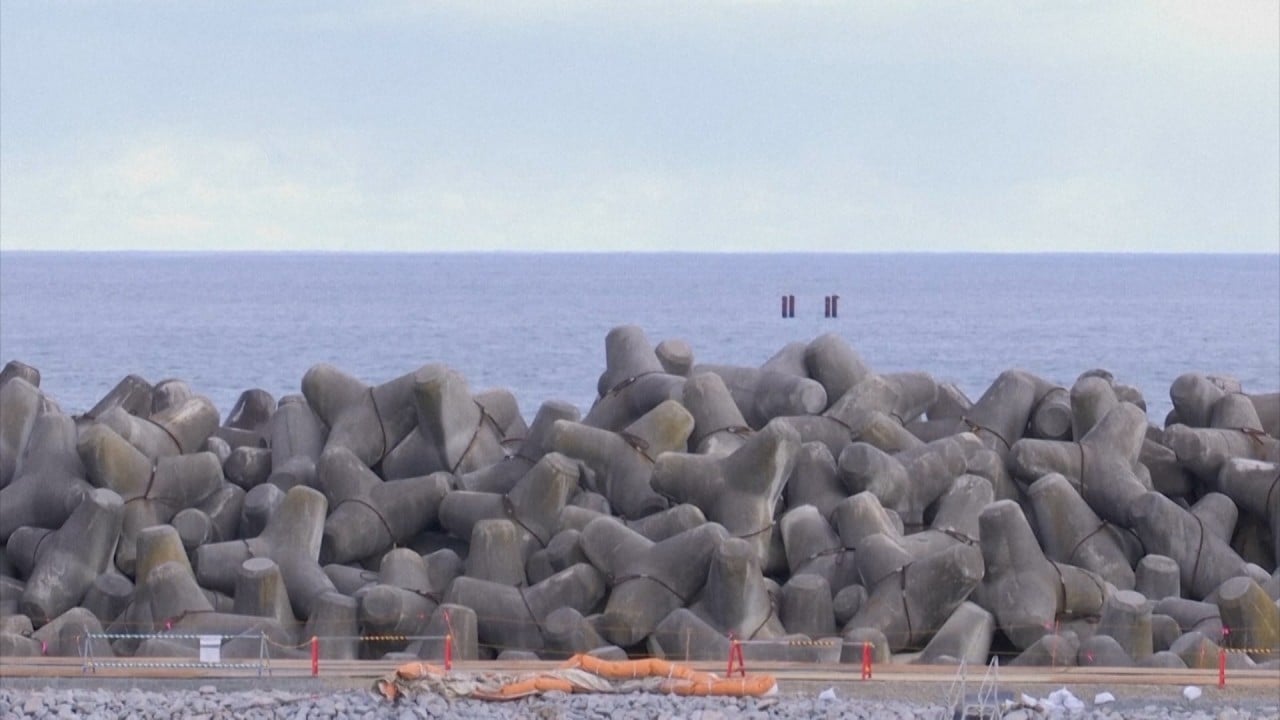
Japan may keep world’s largest nuclear plant closed because of papers left on a car roof
- More than three dozen documents are unaccounted for after an employee placed a stack of documents on top of a car before driving off and losing them
- The incident comes a week after Japanese regulators postponed the restart of Kashiwazaki-Kariwa nuclear power plant due to safety lapses
A week after Japanese regulators postponed the restart of the world’s biggest nuclear power plant due to safety lapses, a careless employee working from home added to the company’s woes.

The nation’s Nuclear Regulation Authority, which oversees safety protocols of Japan’s remaining 33 nuclear reactors, decided just last week to keep a de facto ban on the power station from resuming operations, saying that the utility’s preventive measures are inadequate.
Some of the papers were recovered by a local resident, Tepco said, adding that 38 pages were still unaccounted for. Tepco said it has warned its staff and management and will make sure all employees follow stringent rules on taking documents and information off-site.
The delegation of 21 experts was dispatched as concerns linger in South Korea over the potential impact of the treated water on the ocean environment.
Additional reporting by Kyodo


